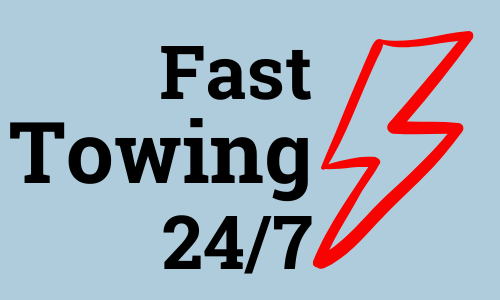New York City's truck routes to be revamped for 1st time since 1970s
NEW YORK — If you’re looking for traffic congestion caused by big rigs, look no further than the impoverished boroughs and neighborhoods of New York City where property values are low.
So says New York City Council member Alexa Aviles, who represents Sunset Park, an area having some of the most congested streets in the city. Aviles championed Introduction 708, a bill requiring the Department of Transportation to redesign its truck route system for the first time in over 50 years.
The bill passed by a 44-1 vote on Nov. 15 and drew support from environmental groups and transportation advocates.
“Since the pandemic, our neighborhoods have experienced a proliferation of last-mile facilities flooding our streets with truck traffic,” Aviles said. “This is not just a transportation issue. It is a climate issue, a labor issue, a human rights issue.”
What Aviles refers to is the fact that New York’s truck routing system was established in the 1970s and has been only slightly modified since.
During that time, and particularly since 2000, many distribution centers for ecommerce companies like Amazon, Federal Express and UPS have moved into neighborhoods with low property values.
The truck routing system now requires that the vehicles servicing these companies pass through low-income communities, where they create traffic congestion that can lead to increased problems with asthma, cardiovascular diseases and other health concerns, as well as increased pedestrian-traffic conflicts, according to city leaders and environmentalists.
A total of 68% of traffic injuries occur on truck routes throughout the city — routes that cover more than 1,300 miles of city streets in five boroughs.
Of course, truck routes are vital to industry, and any solution must have input from trucking logistics firms, associations and last-mile delivery industries.
The Trucking Association of New York (TANY) supports, in general, the goals of the legislation.
“The truck route network is a key safety tool, and we must ensure trucks stay on route,” said Zach Miller, TANY director of metro region operations.
Industry statistics indicate that, during the pandemic, package delivery to New Yorkers doubled over previous levels. Since the pandemic, these levels have not decreased.
The various neighborhoods and boroughs are being overrun with delivery vehicles. Some 120,000 delivery vehicles hit the streets each day to deliver more than 3 million packages and envelopes to the community. That means 90% of the total delivery traffic in the city is via truck.
The city is trying to deal with the demand and the congestion it causes.
The New York City Council’s website states, “The city’s truck route network is vital to the region’s industries and commercial enterprises and increasingly important to residents who have shifted buying patterns in favor of home delivery. Yet, the routes come at a cost to the neighborhoods they run through.”
Councilwoman Aviles said, “Large corporations cannot continue to exploit our land and roadways without addressing resident needs. Communities like the one I represent should not be forced to bear the weight of the ecommerce alone.”
For its part, DOT generally agrees.
“The current situation is already problematic, a spokesman said. “We want fewer truck miles on our streets.”
Since retiring from a career as an outdoor recreation professional from the State of Arkansas, Kris Rutherford has worked as a freelance writer and, with his wife, owns and publishes a small Northeast Texas newspaper, The Roxton Progress. Kris has worked as a ghostwriter and editor and has authored seven books of his own. He became interested in the trucking industry as a child in the 1970s when his family traveled the interstates twice a year between their home in Maine and their native Texas. He has been a classic country music enthusiast since the age of nine when he developed a special interest in trucking songs.
